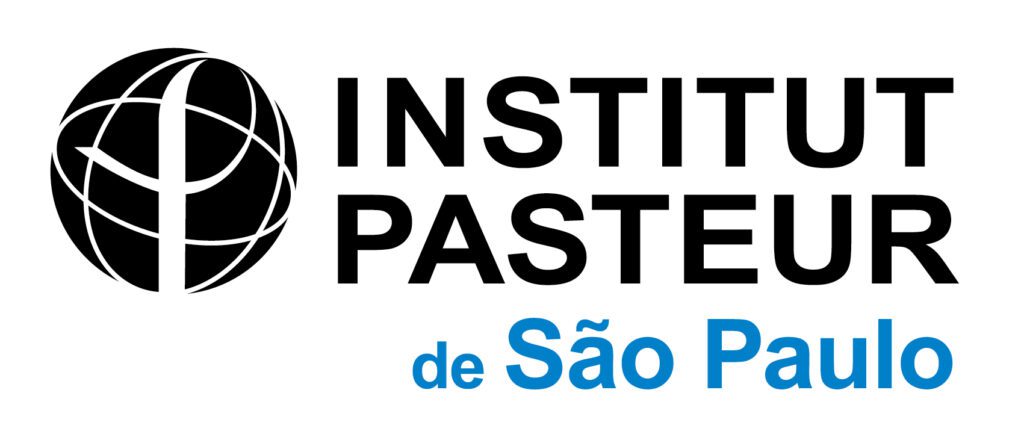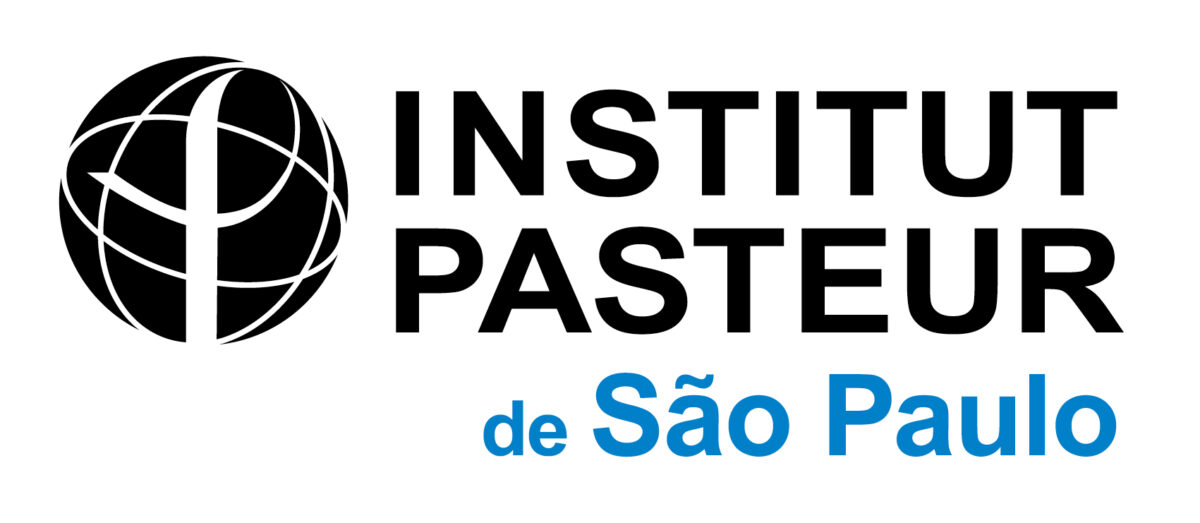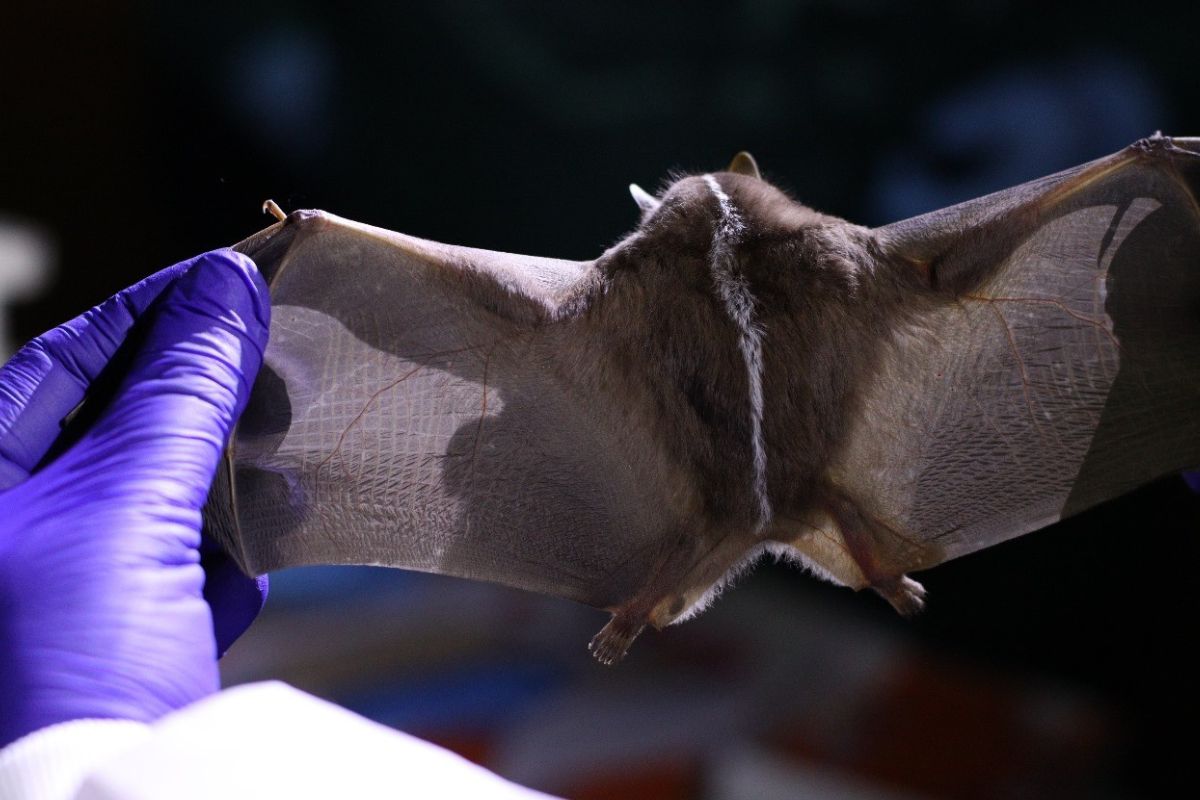Aimed at international postgraduate students, the course was held last month, with field and laboratory activities at Institut Pasteur de São Paulo.
In August, the Institut Pasteur de São Paulo (IPSP) and the Institute of Biomedical Sciences of the University of São Paulo (ICB-USP), in partnership with the University of Münster (WWU), in Germany, within the joint degree program between WWU and USP, held the course on In-Field Molecular Diagnosis of Malaria and Emerging Viruses. The course focused on molecular techniques for malaria and viral infections diagnosis and included theoretical and practical classes held at the São Paulo Country Club, in a remaining area of Atlantic Forest in the South of the city, and also at in the laboratories of IPSP and USP (ICB II).
This was the first partnership between ICB-USP and the recently inaugurated IPSP focused on graduate studies. It is a unique opportunity for Brazilian and German postgraduate students in the biomedical field to learn basic in-field molecular diagnosis techniques for malaria and emerging viral diseases.
“It was a unique course, not only because of the unprecedented partnership between highly renowned institutions in biomedical research, but mainly because it provides rare field experience in capturing emerging viruses in the Atlantic Forest, where malaria is endemic and vastly diversified, which results in a wide range of pathogens”, says Carsten Wrenger, professor in the Department of Parasitology at ICB-USP, researcher at IPSP and one of the coordinators of the course.
State-of-the-art facilities – In the first week of classes, students were trained to capture potentially contaminated natural reservoirs, such as birds, bats and rodents, and to extract the nucleic acids for viral analysis from the samples. In the second week, they diagnosed different species of malaria pathogen Plasmodium. At the end of the course they also learned in practice how to capture wild animals, guided by experts provided by a partnership with the Center for Zoonosis Control (CCZ) and the Wildlife Management and Conservation Center (CEMACAS) of the City of São Paulo.
“The course on malaria diagnosis, sample collection and DNA extraction was held at the ample laboratories of IPSP, considered a reference in molecular biology because of its biosafety levels (NB1, NB2 and NB3) and state-of-the-art equipment”, explains the professor.
In addition to Wrenger, the classes were taught by professors Luís Marcelo Aranha Camargo (Department of Parasitology at ICB-USP, on the ICB-V campus in Monte Negro, state of Rondônia; Gerhard Wunderlich (Department of Parasitology at ICB-USP); Jansen de Araujo (Department of Microbiology at ICB-USP) and Edison Luiz Durigon (Department of Microbiology at ICB-USP and researcher at IPSP). “It is a course”, Wrenger adds, “that uses many of the studies we conduct at ICB-USP and in the Clinical and Molecular Virology research group, which Durigon and I coordinate at IPSP”.



